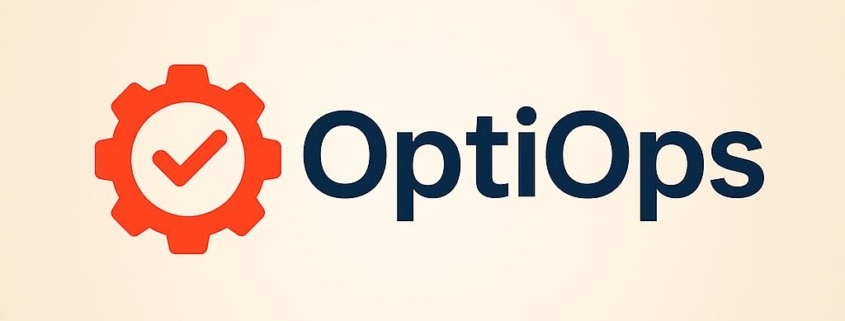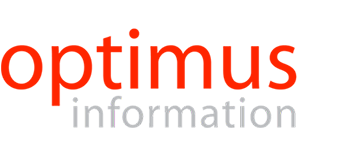
Overview
Managing work in Azure DevOps is often a manual, fragmented experience. For project managers, converting project input into a complete DevOps structure typically involves navigating complex UIs, repetitive data entry, and manual coordination with engineers.
To solve this, Optimus developed OptiOps, an AI-powered agent that operates directly within Microsoft Teams to automate DevOps project setup and task management. From scope definition to structured Epics, Features, Stories, and Tasks, OptiOps enables full project delivery planning and tracking through a conversational interface.
The Challenge
Project managers and engineering leads were facing a common bottleneck:
- Manual project setup in Azure DevOps was time-consuming and error-prone
- Lack of standardization in task structure, metadata, and ownership slowed down team velocity
- Tracking and time-logging was fragmented, leading to missed deadlines and poor reporting
- Teams had to context-switch between Teams and DevOps constantly, adding operational friction
The Solution
Optimus built OptiOps, a Microsoft Teams-native AI assistant powered by a multi-agent system that automates the entire work item lifecycle in Azure DevOps:
- Accepts high-level project descriptions and parses them into actionable scope
- Automatically generates a complete DevOps work item tree: Epics → Features → Stories → Tasks
- Allows refinement of tasks including due dates, assignees, time estimates, and logging
- Seamlessly pushes tasks to Azure DevOps with full metadata and ownership
- Continuously monitors progress, flags overdue tasks, and generates time-tracking reports
The result: A frictionless, intelligent delivery assistant embedded where teams already collaborate.
Key Capabilities
- Conversational Project Intake: Define a project in plain English and get back a structured DevOps backlog
- Multi-Agent Intelligence: Each workflow stage (scope extraction, enrichment, reporting) is handled by a dedicated AI agent
- Contextual Refinement: Edit tasks, assign owners, and track time — all within Teams
- DevOps Synchronization: Pushes structured work items with ownership metadata into Azure DevOps via REST API
- Automated Reporting: Generates downloadable time reports and flags overdue or at-risk tasks
- Personalization: Learns from past project hierarchies, naming conventions, and team preferences
Multi Agent Architecture
| Agent Name | Role |
|---|---|
| OptiOps Orchestrator | Coordinates the flow across all other agents |
| Scope Analysis Agent | Extracts objectives and scope from user-submitted input |
| Work Item Generator | Creates Epics, Features, Stories, and Tasks from parsed scope |
| Refinement & Enrichment Agent | Enables editing, due-dating, assigning, and logging time |
| DevOps Integration Agent | Syncs structured work items into Azure DevOps |
| Reporting Agent | Generates time reports and flags overdue tasks |
Deployment
OptiOps was deployed in phases across delivery teams at Optimus.
- Runs natively within Microsoft Teams, eliminating DevOps UI dependency
- Built using Microsoft Bot Framework and Azure Functions
- Secure authentication handled by MSAL with token-based access
- Continuous deployment via GitHub Actions
- Fully monitored via Azure Monitor with performance and usage tracking
The Results
- Reduction in time spent creating work items manually
- Zero context switching: project setup, refinement, and reporting all in Teams
- Improved backlog consistency, structure, and metadata quality
- Better visibility into overdue and at-risk tasks
- Faster onboarding for new PMs by standardizing project templates
Tangible Business Outcomes:
- Increased Velocity: Teams started sprints faster with complete, structured backlogs
- Reduced PM Overhead: No more duplicative work between Teams chats and DevOps UI
- Consistent Delivery Standards: Reinforced best practices through automated scope parsing and enrichment
- Actionable Insights: Time tracking and overdue alerts enabled better resourcing decisions
- Higher Adoption: PMs embraced the tool due to its integration with their daily workflow (Teams)
Technologies Used
- Microsoft Teams
- Microsoft Bot Framework & Copilot Studio
- Azure OpenAI (GPT-4o)
- Azure Functions
- Azure DevOps REST API
- MSAL Authentication
- GitHub Actions (CI/CD)
- Azure Monitor
What’s Next
- Learning from past projects to improve scope-to-task accuracy
- Multilingual capabilities to support global delivery teams
- Smart prioritization and risk detection based on historical task velocity
- Two-way sync with DevOps for live updates and status changes
- Template support for recurring work (e.g., sprint planning, client onboarding)
Contact Optimus to learn how we can help you leverage Agentic AI & Cloud services.


